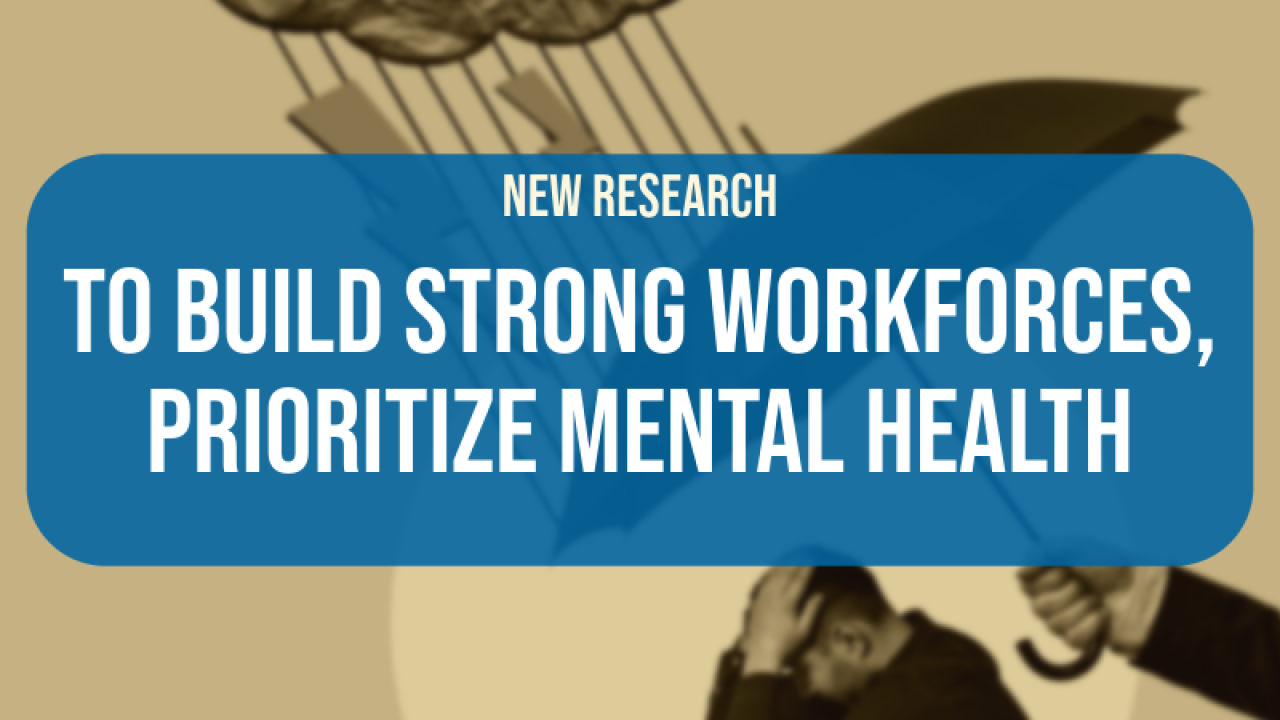August 20, 2024
New research discovers a ‘dire need’ for supportive cultures among communication professionals

It’s 11:30 p.m. and your phone has not stopped buzzing since you got into the office at 7 a.m. that morning. As you are in bed incessantly checking the news and social media to make sure your client’s crisis does not blow up, you start dreading the endless stream of emails that will find their way into your inbox the next morning. If this sounds familiar to you, you probably understand the immense stress that communication professionals face on a daily basis.
In the fast-paced world of the media and communication industry, communication professionals often are expected to be available 24/7 and to work under tight deadlines to meet the challenging demands of their various stakeholders. It is an understatement to say that communication professionals are under tremendous pressure and stress.
Communication professionals are still trying to adapt to the changes in work brought about by the COVID-19 pandemic. Specifically, the boundaries between their professional and personal lives continue to be blurred. Despite the unique and demanding challenges faced by communication professionals, little is known about how organizations protect the well-being of their communication workforce.
In our study, published in the Journal of Communication Management, we sought to not only examine the well-being initiatives and programs offered to full-time communication employees, but also to identify factors that predict employees’ well-being and commitment in the workplace.
In our survey of 262 full-time communication professionals in the U.S., we found that organizations tend to offer some kind of well-being initiative or program such as mental health assistance programs or flexible working hours. However, participation rates remain low, with only 40.5 percent of respondents reporting taking part in such programs over the past year. This highlights a troubling disconnect between the availability of support provided by employers and the culture within the organization to make use of these resources.
So, why are communication professionals not taking time off for their mental well-being? The top three reasons cited by employees include:
1. Having too much work to do
2. Feeling their mental health concerns aren't "bad enough" to warrant time off
3. Not wanting to ask for time off
This points to the dire need for organizational leaders to create a supportive culture among communication professionals and encourage them to take advantage of the well-being initiatives and resources offered by their organizations.
In our research, it is clear that when organizations prioritize employees’ well-being, there are tangible benefits for both parties. We found that communication professionals who perceive that their organization not only pays attention to mental health in the workplace, but also have a positive attitude toward mental health, reported greater perceived organizational support, which led to higher levels of subjective well-being and organizational commitment.
As communication professionals continue to navigate the competitive media and communication landscape, it is clear that industry-wide change is needed to ensure that employees do not burnout and turnover rates are low. By creating a supportive culture around the prioritization of one’s mental health, we can create a more sustainable and ethical communication industry.
